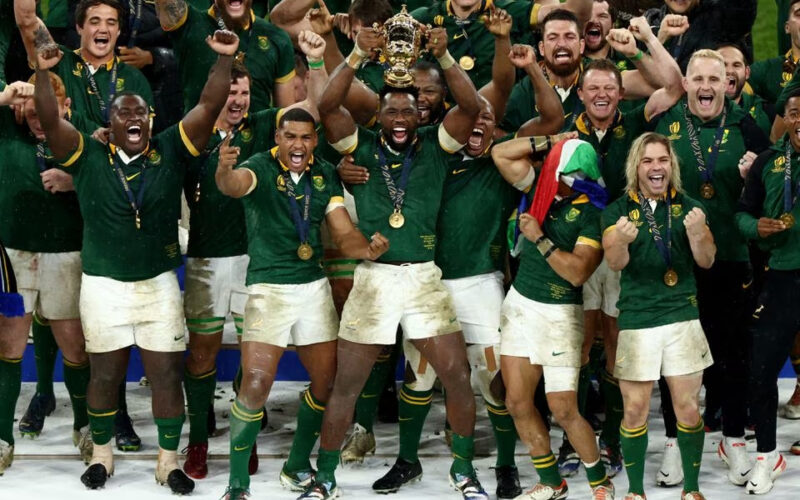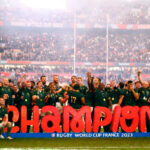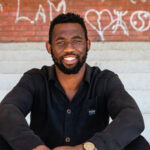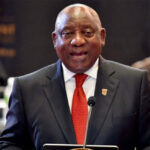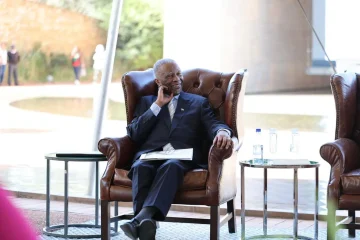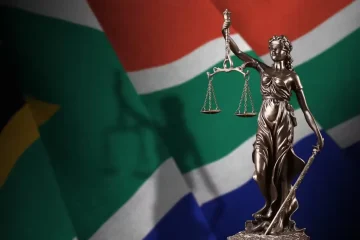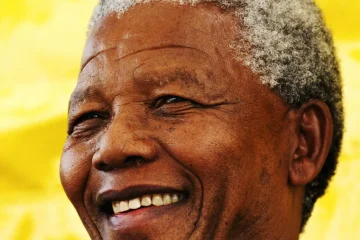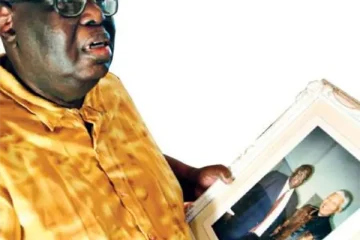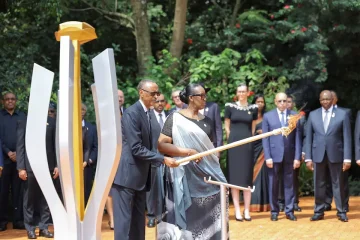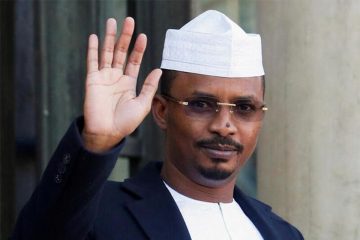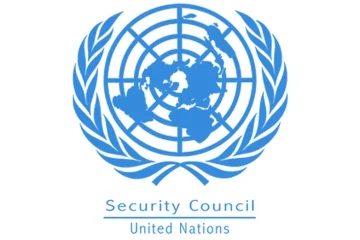UNIVERSITIES across the globe can draw valuable insights from the World Champion Springboks regarding the power of diversity and inclusion. In clinching their fourth world title, the Springboks defeated the formidable All Blacks in an epic final that harked back to their iconic 1995 victory – a moment celebrated as one of the most significant nation-building milestones worldwide.
Upon the Springboks triumphant return to Johannesburg, Siya Kolisi, the victorious captain, passionately declared, “This one is for every single person in South Africa, rich or poor – it doesn’t matter. This win will inspire a lot of people, but it won’t change their circumstances. However, for us as players, it’s going to give us a platform to create more opportunities.” Kolisi’s words are a poignant reminder that even after the Cinderella-like 1995 Springbok World Cup victory, South Africa still grappled with enduring challenges. His message was carefully chosen, emphasising the importance of discerning the role of such victories.
Bringing social justice to all South Africans can only be realised by establishing pathways to well-being and prosperity, a role that universities play. Education and innovation serve as vital routes out of poverty and the shadows of historical injustices.
Rassie Erasmus and Jacques Nienaber, the innovative duo behind South Africa’s back-to-back World Cup triumphs, undoubtedly benefited from the education they received at the University of the Free State (UFS). Their academic foundations have significantly contributed to their excellence as coaches. To become the best, one must work with the finest. Erasmus and Nienaber have collaborated with a talented and diverse technical staff, which includes Mzwandile Stick, Deon Davids, Daan Human, and Andy Edwards. Notably, the 2023 World Cup-winning squad, with 41% identified as black players, was not only the most racially diverse in the history of the Springboks but also an embodiment of South African rugby traditions and styles, blending the high-altitude ten-men rugby of Gauteng with the flair and abandon often seen at lower altitudes of the country. The result was nothing short of world-beating.
Moreover, the squad had 16 overseas-based players, nearly half of the 33 allowed. The overseas-based Springboks brought new perspectives and skill sets to the team, creating a beautiful collage of mixed and crossed backgrounds, cultures, and heritages. Their success underscores the fact that all cultural, technological, and scientific achievements stem from cooperation and interwoven engagements. This realisation challenges the notion of pure nations, ethnicities, races, genders, and sexes, highlighting that these notions are unfounded, unrealistic, and misanthropic. Negative connotations associated with diversity should be dismissed, as they only hold weight among bigots and chauvinists.
In stark contrast to the Springboks’ embrace of diversity and inclusion, the New Zealand Rugby Union decided in 2000 to exile players who signed overseas contracts in a misguided attempt to enhance competitiveness by maintaining a shared playing culture within the All Blacks. This notion of exceptionalist island insularity contradicts the All Blacks’ otherwise evident openness to diversity and inclusion. Immigrant influences from the Pacific Islands have been integral to their success, with 45 percent of the All Blacks’ 2023 squad boasting Pasifica heritage. Indeed, Thomas Airey in the lead-up to the final on the ABC Sport website observed, “Influences from the Pacific Islands are front and centre for the All Blacks – the 15 silver ferns adorning their jersey are positioned to form the word ‘uso’ (Samoan for brother) reflecting the bond between players.”
Reflecting on the 2019 World Cup triumph, rugby writer for the New Zealand Herald, Alex McLeod, noted that nine Springbok squad members were playing outside of South Africa, emphasising their indispensable contributions to the victory. “Without the presence of those individuals, it’s questionable as to whether Siya Kolisi would have ever lifted the Webb Ellis Cup in Yokohama,” he said.
Like the Springboks, the University of the Free State (UFS) has chosen to embrace diversity and inclusion as a means to address local, national, regional and global interconnected needs. UFS’s Vision 130 underscores the commitment to creating ‘an institution where diverse people feel a sense of common purpose and belonging, and where the symbols and spaces, systems and daily practices all reflect a commitment to openness and engagement’.
While the journey toward socially just inclusion remains ongoing, the Springboks have exemplified the importance of embracing diversity with care. The touching moment captured in the documentary series “Chasing the Sun,” where Erasmus shed tears upon realising that one of the team, winger Makazole Mapimpi, lacked a family photograph to attach to his Springbok jersey, serves as a poignant example. Such acts of care unite people and empower them to overcome any odds. This understanding drives the UFS’s approach to enhancing its global reputation by reconciling all who belong to it within the pursuit of excellence and care.
Universities can glean from the Springboks that the path of inclusion and diversity compels us to reconsider who we are, who belongs, and how belonging is constructed. A genuine embrace of inclusion and diversity challenges us to re-evaluate the boundaries we impose on ourselves and others, urging us to acknowledge our diverse origins in a decolonial manner that allows everyone to achieve their fullest potential.
The Springboks have shown that embracing diversity and inclusion is not just a noble aspiration; it is a powerful strategy for achieving excellence. Universities can indeed take valuable lessons from the World Champions on the positive impact of diversity and inclusion in society.
- Prof Colin Chasi is the Director of the Unit for Institutional Change and Social Justice at the University of the Free State

